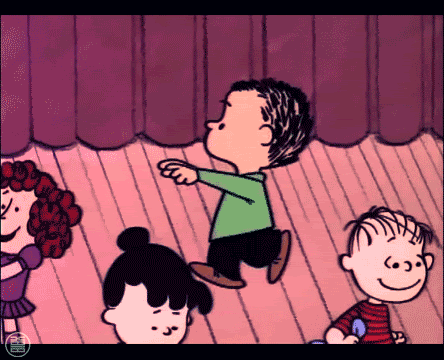
The Japanese phrase kosen-rufu expresses a centrally important concept for members of the SGI. It is often used synonymously with world peace, and has been informally defined as "world peace through individual happiness." More broadly, it could be understood as a vision of social peace brought about by the widespread acceptance of core values such as unfailing respect for the dignity of human life.
The stress placed by Nichiren on kosen-rufu typifies his approach to
Buddhist practice; that our personal happiness--enlightenment--is
inextricably linked with the peace and happiness of our fellow humans
and of society as a whole. He rejected the idea that enlightenment is
something to be cultivated as a private, inner virtue. He also rejected
the idea that the proper goal of Buddhism is to garner reward in the
afterlife. What these two ideas have in common is resignation regarding
our ability to overcome suffering and positively transform society. For
Nichiren, this represented an unacceptable turning away from the core
Buddhist tenet that people are capable of realizing genuine happiness
in this world. Both approaches were the target of his critique.

In Nichiren's view, enlightenment is not so much a goal or end in
itself, as a basis for altruistic action. The life-state of
Buddhahood--a condition of limitless vitality, wisdom and
compassion--is one which is expressed, maintained and strengthened
through committed action to contribute to the well-being and happiness
of other people.
For more about Kosen Rufu
1 comment:
It's awesome...
Post a Comment